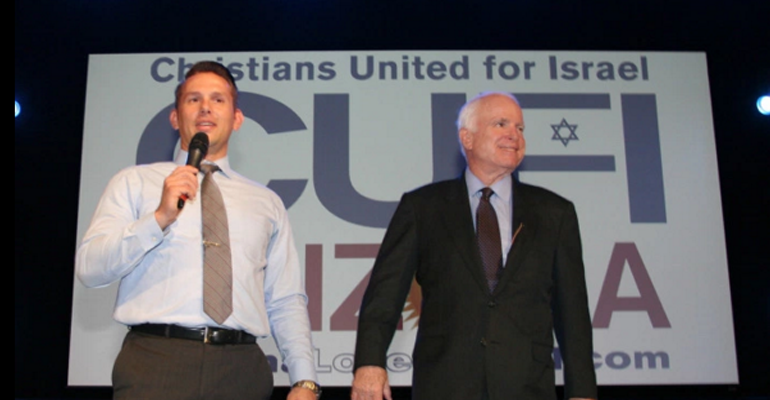
On August 2 The Explorer, one of several free weekly and monthly papers published by Tucson Local Media, carried a guest editorial by District 1 supervisorial candidate John Winchester. It was the latest of several such pieces which really should have been paid political ads. But instead of telling readers about himself and his programs, the candidate spent the entire column trashing incumbent supervisor Ally Miller.
Winchester used pejorative words and phrases including unhealthy, hypocrisy, disparage and subvert, caught in a lie, bad judgement, hide…in secreted alleys. That is not the language of civil discourse. It is the kind of negative campaigning that turns voters off, attacking personalities instead of discussing plans and programs.
I wrote a brief online comment August 6, saying simply, This is a paid political ad, right? A hit piece. A few days later an anonymous commenter, “RationalHumanBeing,” took issue with me. As is his/her right, although I prefer commenters to not hide behind pseudonyms. I responded, pointing out that my comment was not about the supervisor but about the paper’s giving free space for attack ads.
Several disclaimers: I do not live in District 1 and cannot vote for either candidate. I was an Independent Democrat who re-registered Green in support of a Green New Deal. I have been a community journalist for a long time and have written freelance for Tucson Local Media’s Desert Times for a dozen years. I believe in advocacy journalism and am often opinionated and passionate, but I do my homework. I do not believe the media, mostly owned by corporations, is actually objective or neutral, but usually there is some pretense towards neutrality. That seems to have disappeared during this political season.
Since Mr. Winchester did not tell us anything about himself in his hit piece, I did some research to find out where this guy was coming from. Journalism 101. Well, It’s all connected is one of my mantras, and that surely is the case here. Two couples, Don and Joan Diamond and cronies Paul and Alice Baker, donated about 70 percent– $20,000 — of Mr. Winchester’s reported campaign contributions, with other real estate developers kicking in thousands more.
Aha! you say, calling the Diamonds and Bakers “cronies” of Winchester, isn’t that name-calling? The dictionary defines “crony” as “a close friend or companion.” The Diamonds and Bakers jointly gave the University of Arizona’s Center for Judaic Studies one million dollars in 2005. John Winchester is that Center’s outreach coordinator. Cronies. Retired businessman Paul Baker, in an August 4 Arizona Jewish Post article, said, We have the ability to access our political system….we can teach (the politicians)….
To be fair and balanced, it should be noted that required June 30 campaign finance filings show that Republican Winchester was not the only supervisorial candidate benefitting from Diamond’s largesse. Don and Joan Diamond gave Democrat Sharon Bronson over $11,000, with Diamond Ventures president David Goldstein adding another $2000. Goldstein threw another $2000 to Republican Steve Christy and $1000 to Democrat Ramón Valadez. Don Diamond sweetened the Valadez pot with another $1000.
In a 2008 New York Times story, Diamond was “candid about his expectations as a fund-raiser. ‘I want my money back, for Christ’s sake. Do you know how many cocktail parties I have to go to?’”
Winchester’s campaign website declares it’s time for (a supervisor) who will work openly to build coalitions for a better Pima County. He also calls for infrastructure spending including the Sonoran Corridor leg of the proposed Interstate 11. That route, instead of being a straight east-west line to ostensibly benefit Raytheon, the airport and UA Tech Park, drops south to give Don Diamond’s planned 3000-acre Swan Southlands development a free highway. Cronies.
Winchester’s list of endorsers include a number of I-11/Sonoran Corridor backers from Sun Corridor Inc. and the Tucson-Metro Chamber of Commerce. His idea of coalitions for a better Pima County seems to dovetail with the same crony corporations that backed the bonds and I-11. The Sonoran Corridor was decisively turned down by voters in last November’s bond election, but County Administrator Chuck Huckelberry’s August 9 “Economic Development Plan Progress Report” lists it as a county “top priority.”
Candidate Winchester also favors the present Board of Supervisor’s majority plan to double the county sales/RTA tax and raise the gas tax. He adds a curious twist, suggesting that incorporated municipalities like Tucson, Oro Valley, Marana, etc. only pay half of the tax increase while unincorporated Pima County residents pay the full charge. Really?
This is advocacy journalism. My opinion is clear, but my facts are not in dispute. They are easily verifiable, and too many journalists seem to have forgotten their role as the Fourth Estate. We are supposed to speak truth to power, without fear or favor, or, I would add, gratuitous name-calling. Civil discourse – in reporting, opinions and comments – keeps us focused on the issues that concern us without being diverted into useless you’re one, you’re another cussing and screaming. Facts alone should tell us what we need to know to make an intelligent decision in the voting booth. That’s where the debates are settled.
